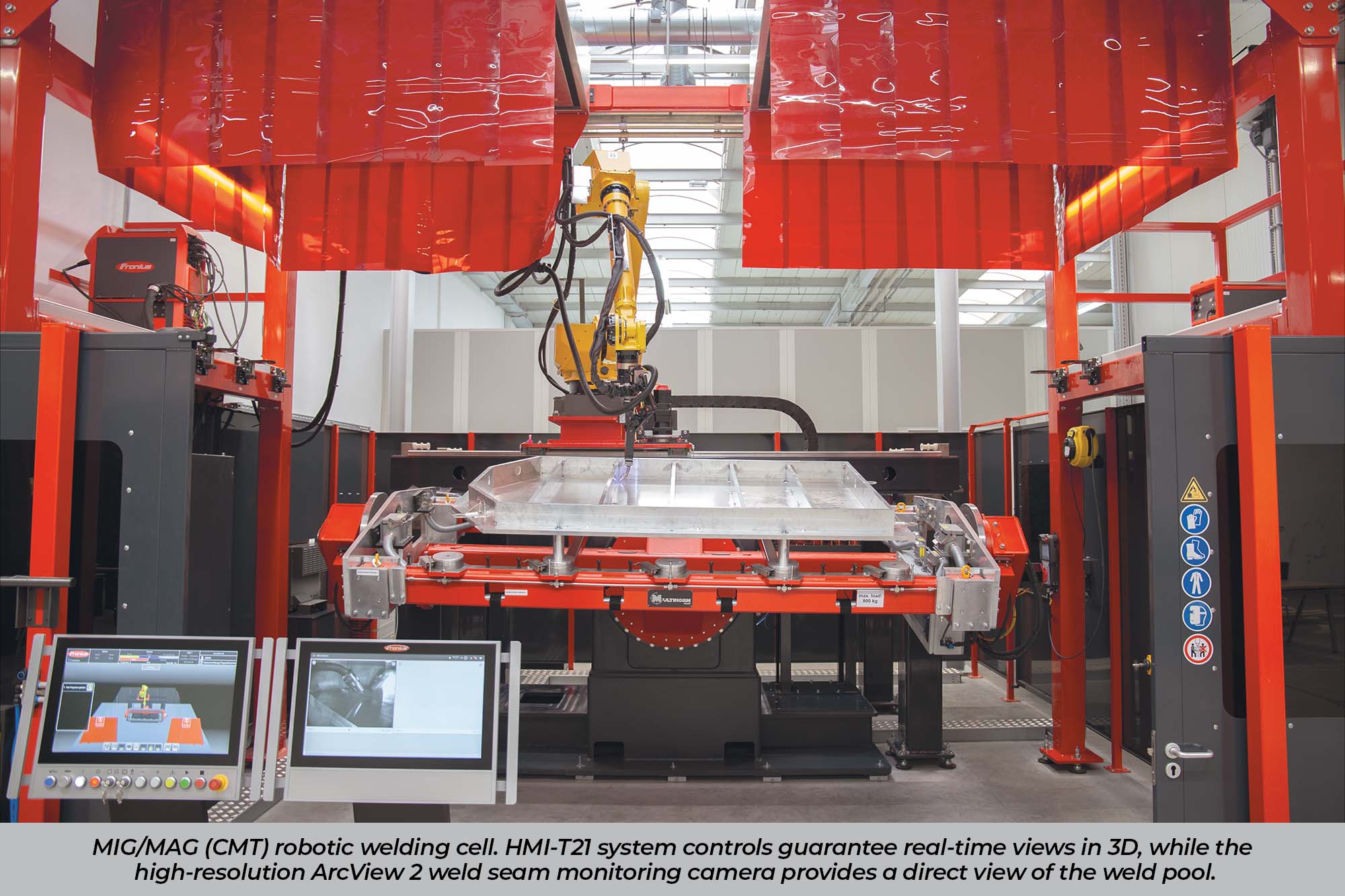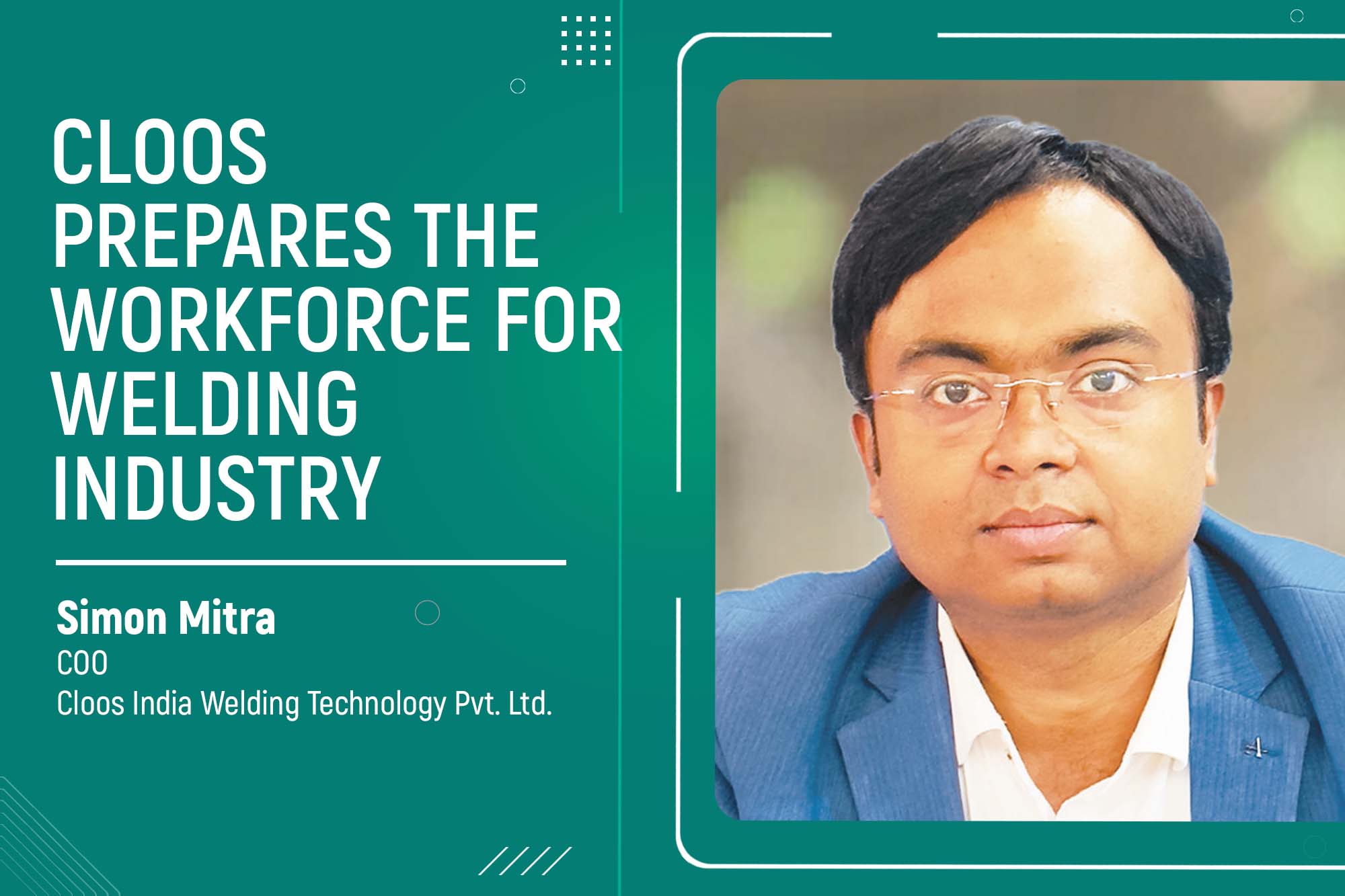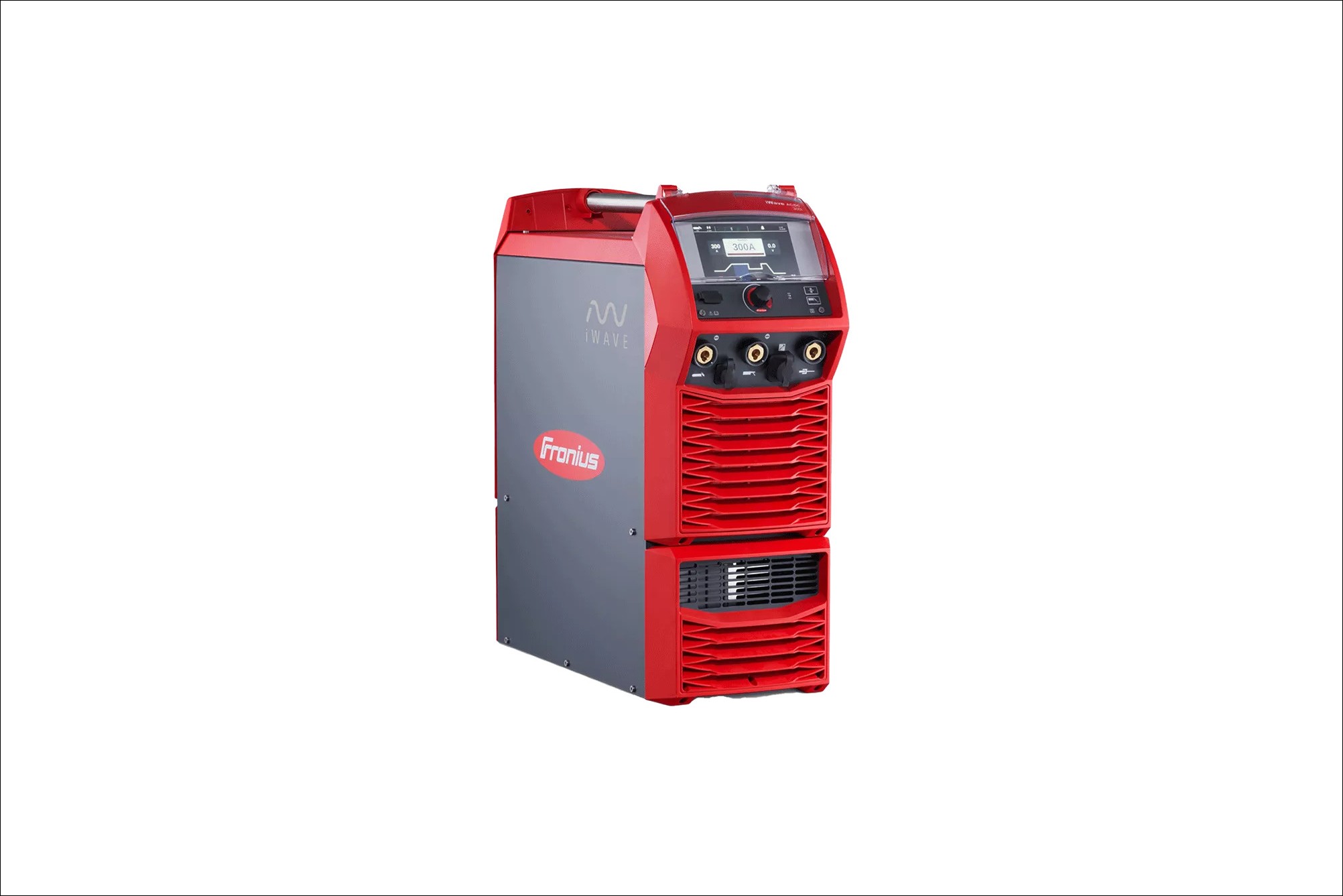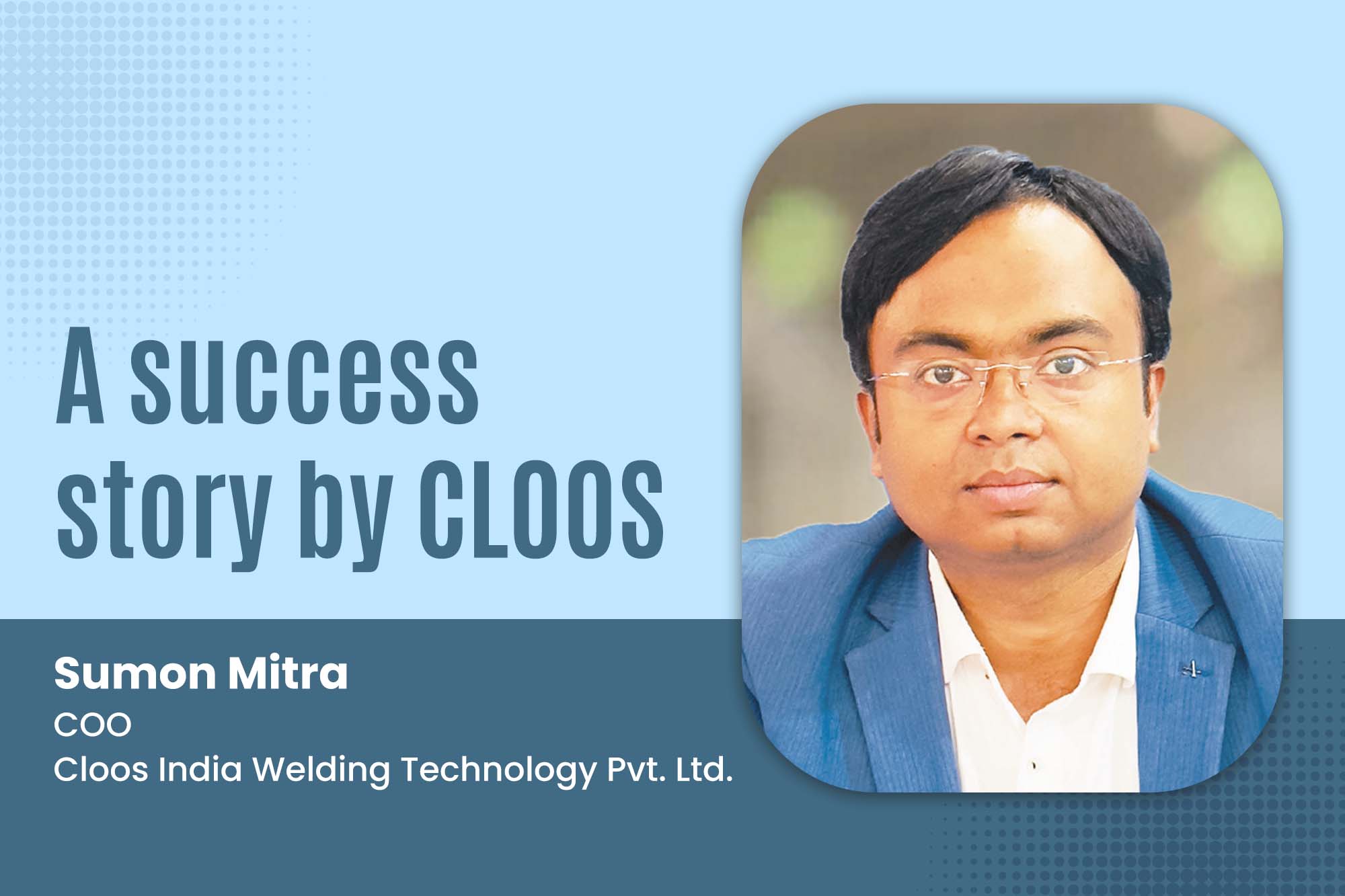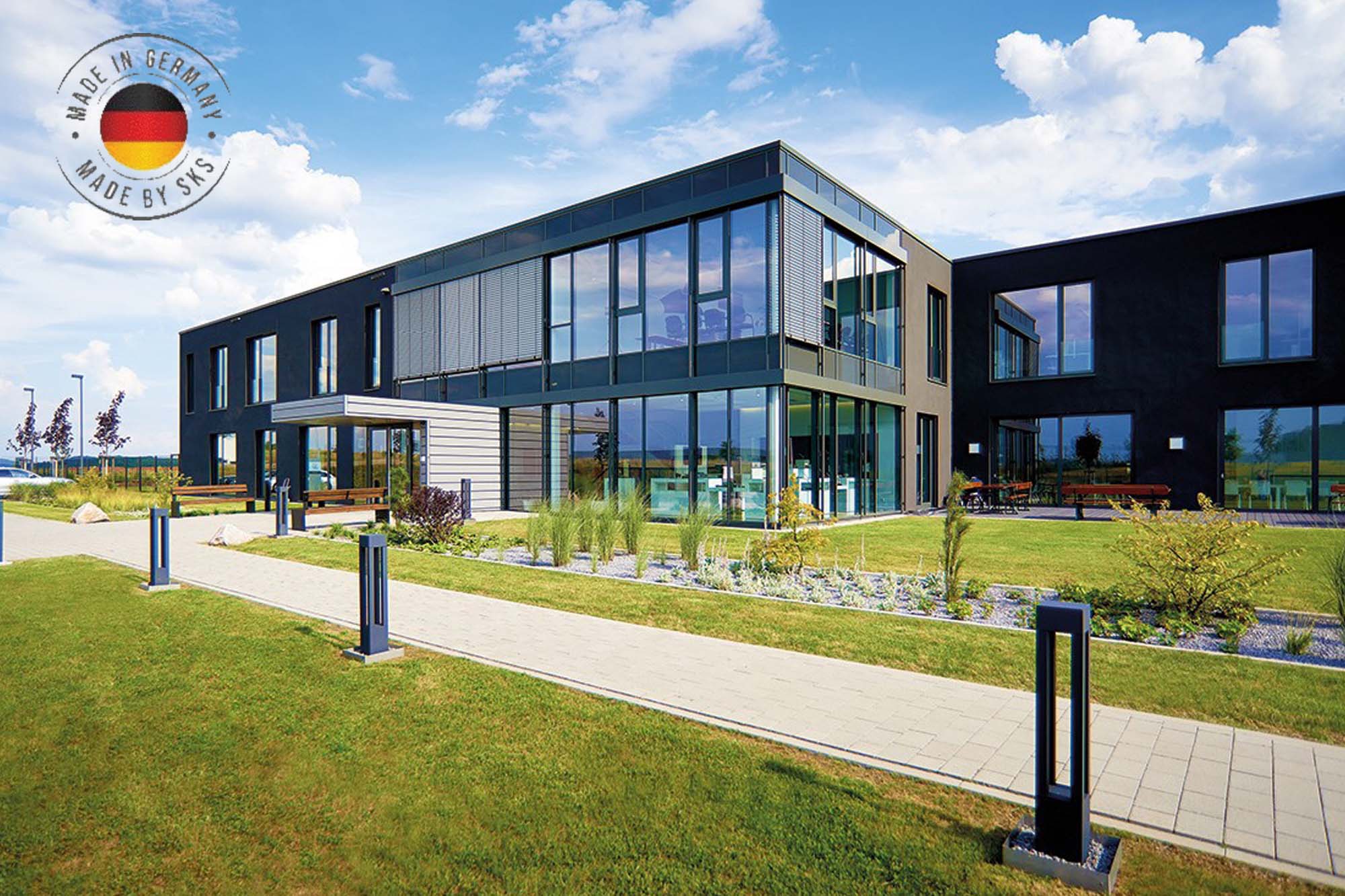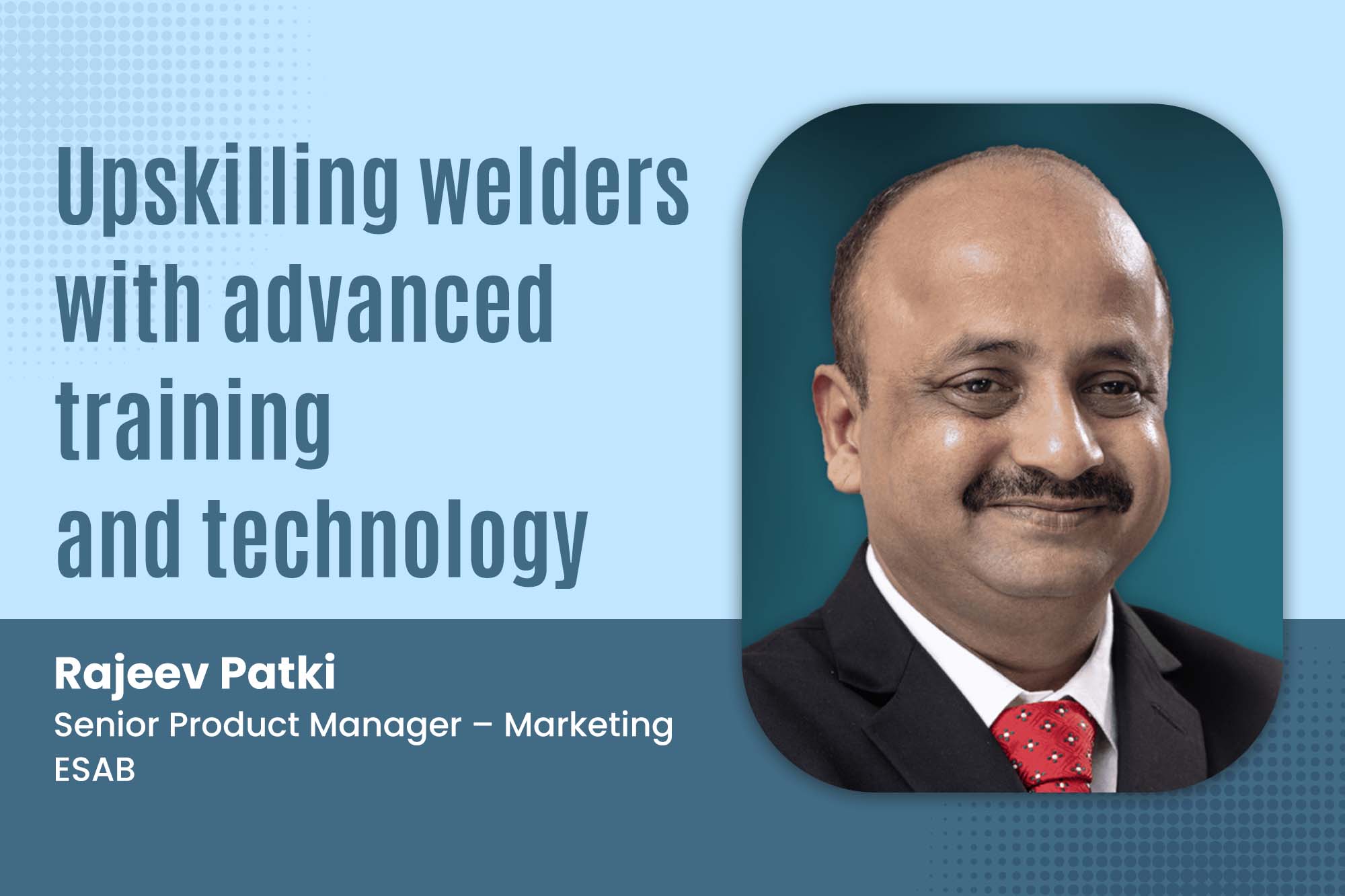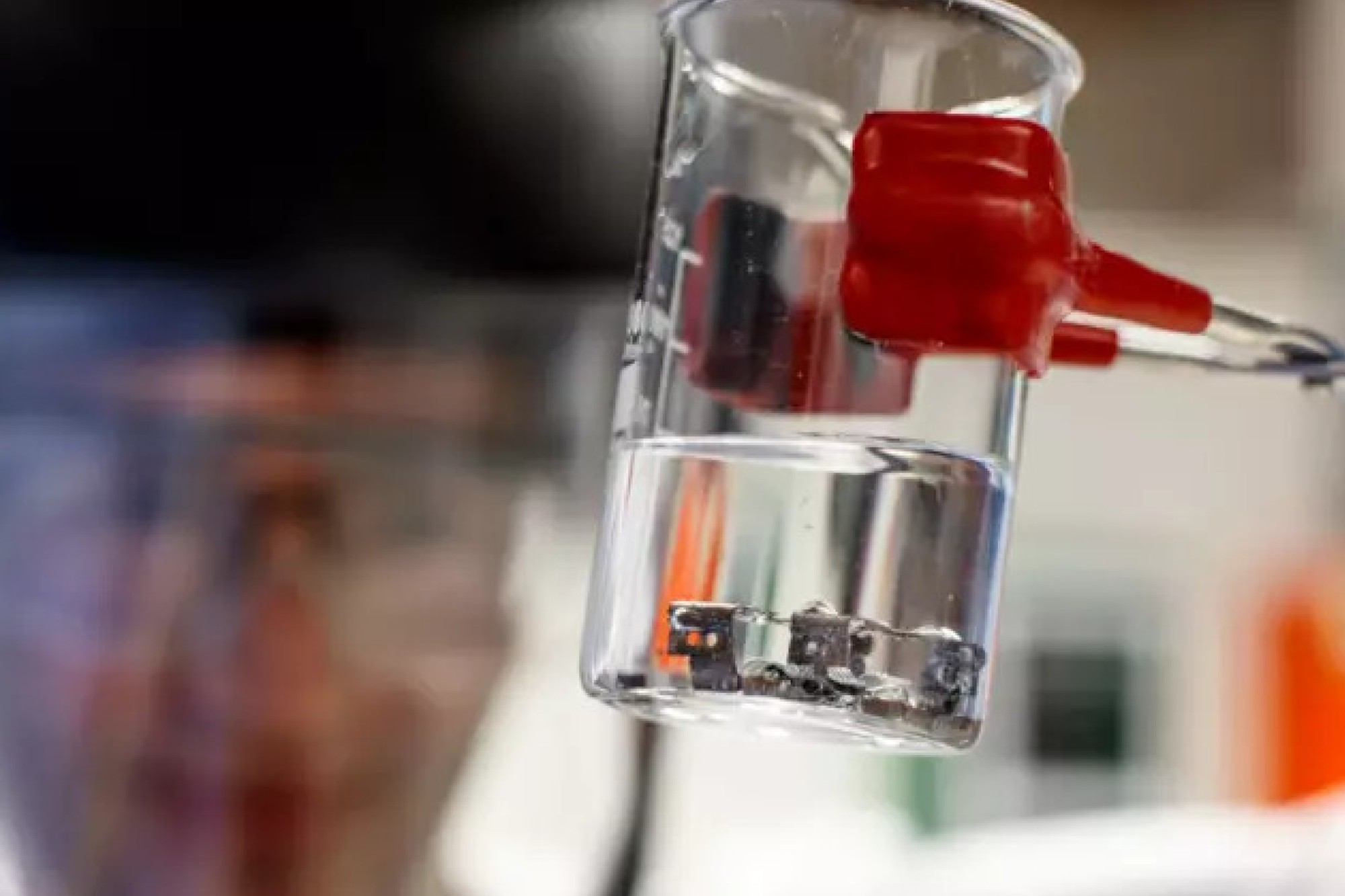When welding expertise makes the difference
By Staff Report April 14, 2025 6:57 pm IST
Metalworking companies must launch new products at shorter intervals, shortening product life cycles without compromising quality, safety, and environmental standards. With this, welding is under a microscope. New materials and complex, weight-saving geometries require welding expertise with leading-edge high-tech systems. This is where Fronius comes in with its Prototyping and manufacturing Center. They offer a comprehensive 360° service—from feasibility studies to series production.
New components, such as environmentally friendly lightweight components for e-mobility or rail vehicle construction, require changes. The task of welding metals that are difficult to join, such as aluminium, magnesium, or titanium alloys, is increasing.
“Extensive expert knowledge is essential, especially in the field of metallurgy,” says Wolfgang Scherleitner, Head of the Prototyping & Manufacturing Center, with conviction, adding: “Processing high-strength steels and lightweight alloys require advanced welding technologies; the structural integrity and corrosion resistance of these metals can only be guaranteed when a high level of expertise, modern welding processes, and optimal parameter selection are combined.”
The extremely high temperatures that arise during welding and the rapid cooling rates lead to changes in the microstructure, which strongly influence the mechanical properties of the joined components. At Fronius, the base material is analysed in the laboratory before and after the welding tests to gain knowledge essential for flawless welds.
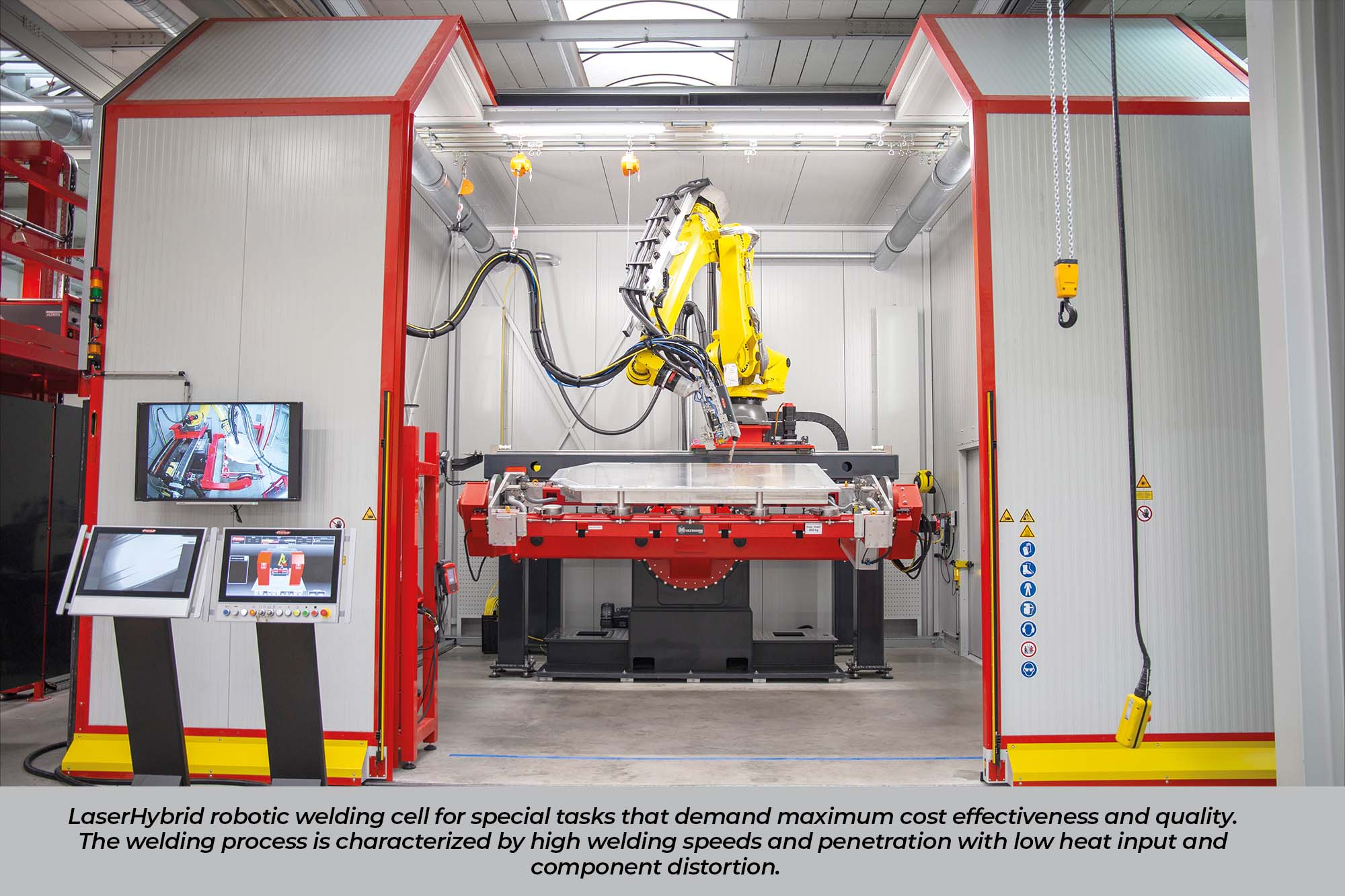
Standards regulate the obligation to maintain documentation
Alongside the major metallurgical and welding challenges that arise, regulatory requirements are vital. EN 1090 Standard applies to load-bearing steel and aluminium structures, containing design class-dependent stipulations for the complete documentation of the weld seams, ensuring their continuous traceability. The DIN EN 15085 and ISO 3834 standards define the quality requirements and documentation obligations for welding work in rail vehicle construction. DIN EN 1011 Standard recommends welding metallic materials, which is essential in other sectors. This drives up the quality criteria for metalworking operations and forces many companies to invest in automated welding systems. These often require new skills, such as special programming know-how, which is not always available, even in industrial companies.
High-tech manufacturing expertise fit for the future
Companies will discover a tailor-made service in the Fronius portfolio from the Prototyping & Manufacturing Center. The welding professionals help customers from the trade and industry to develop new products and master the switch to climate-friendly high-tech solutions with technology and comprehensive expert knowledge.
“Thanks to the extensive expertise of our welding specialists, we can significantly reduce the high risks and costs that new product developments often entail for our customers,” explains Scherleitner.
Feasibility studies are initially done at the Austrian site in Wels, followed by prototype production if requested. The client submits their welding specifications and the 3D data of components and clamping devices. Fronius performs a virtual analysis of this information to draw conclusions about weldability, accessibility, and cycle time. Problems that arise are discussed with the customer, and optimisation and solution options are developed. The clear aim of the development work is to create future-proof, state-of-the-art products.
Complete service package—from the feasibility study to the finished product
As soon as valid welding data is available and the prototypes have been successfully welded, Fronius develops a production concept and, if requested, takes over the production of the pilot series and series production. If series production happens at the customer’s premises, Fronius can also design, build, and supply customised robotic welding systems from a single source on request.
Furthermore, on-site commissioning services, employee training, and regular maintenance and calibration of the systems are all part of the comprehensive service package, which is supported worldwide by a network of 38 subsidiaries and Fronius Sales and Service Partners in over 60 countries.
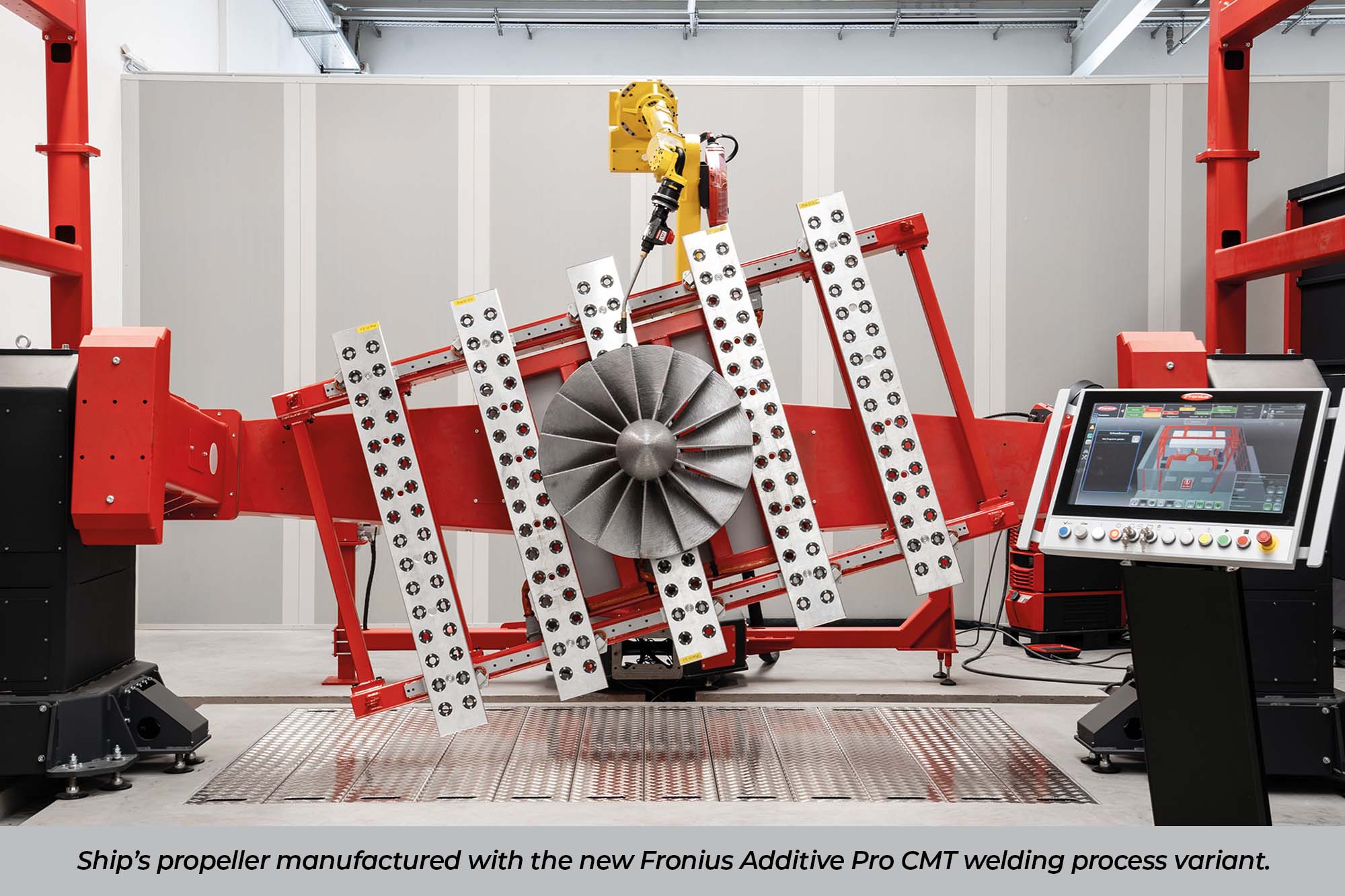
The modular system from Fronius
“Our customers’ requirements are component-specific and varied. No two Fronius robotic welding systems are the same in every detail,” explains Scherleitner. “ To ensure system reliability and cost-effectiveness, we use a modular system of tried-and-tested component units when engineering and assembling our systems.”All components are matched to the respective welding processes and deliver high stability, repeat accuracy, and adaptability to different applications and loads. The modular system includes torch systems and torch service stations, handling robots, robot tracks, welding robots, gripper deposit systems, and positioners.
Simulation technology and sensor systems
Modern simulation technology helps with feasibility analysis and prototyping. The Fronius Pathfinder software can simulate welding sequences on the welding system’s digital twin. The software identifies axis limits, calculates start and end points along with paths, and independently sets teach points. Errors and collisions can be identified in advance, and welding sequences can be optimised, saving time and money. In addition, the Austrian experts can simulate material distortion as part of the feasibility study and generate analyses for the correct welding sequence.
“Alongside simulation technology, we also offer advanced data management solutions,” Scherleitner explains and continues: “Furthermore, we can scan welded seams with our inspection sensor technology and evaluate them with software, in combination with WeldCube. In particular, we check whether the weld geometries are within the tolerance range over the entire length.”
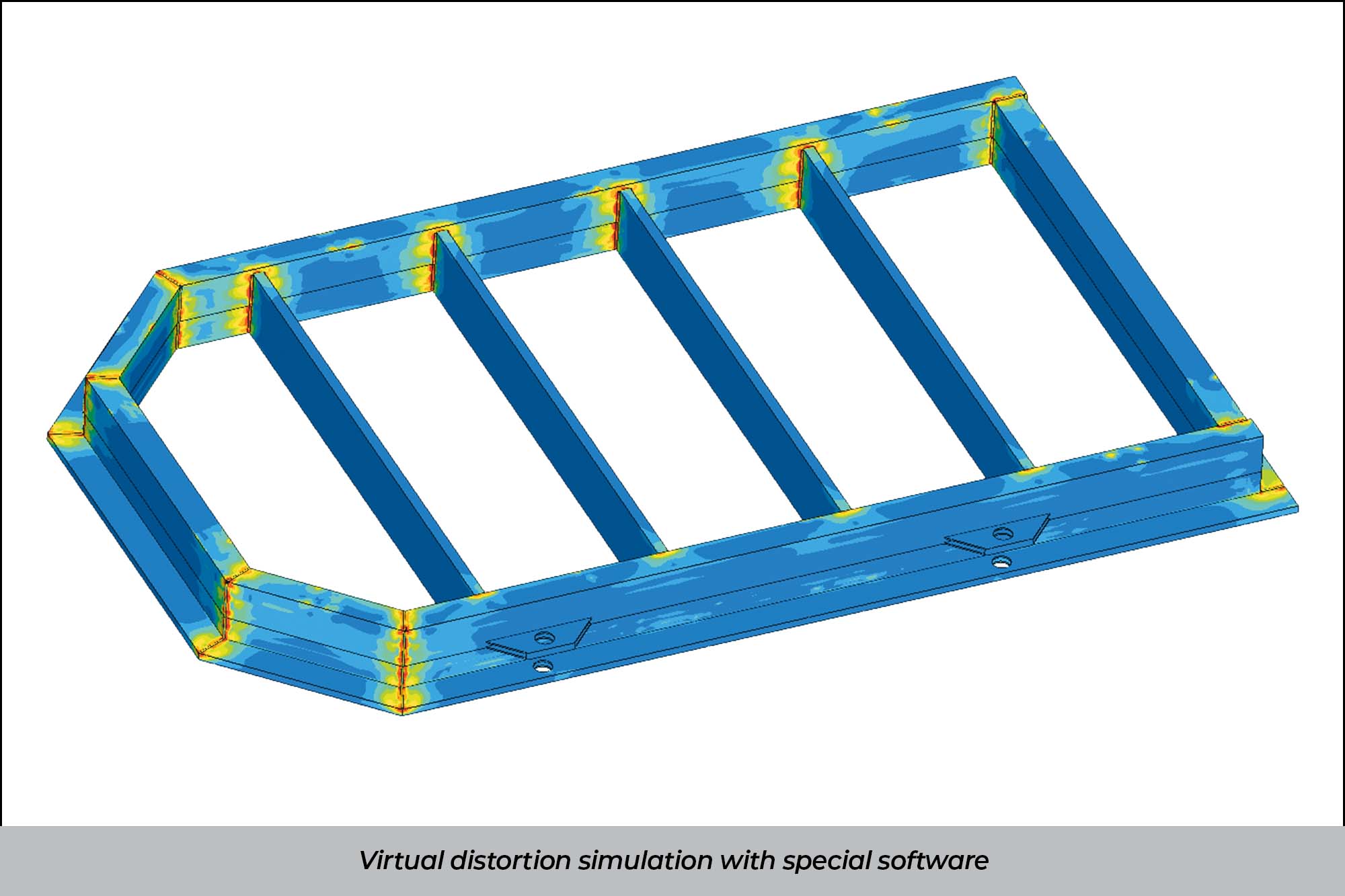
During the welding process, WeldCube saves and analyses all welding data and enables precise process monitoring and control for unbeatable quality and efficiency in production.
Precision thanks to 3D measurement
The 3D measurement of welded components happens in a robot measurement cell to check for distortion and deviations from the original CAD data. Findings from these measurements are incorporated into the tests for ongoing optimisation of the joining work. At the end of this process, valid welding parameters are available for series production.
Comprehensive testing in the welding lab
Fronius also has a state-of-the-art welding laboratory where visual inspections, destructive testing, and microsections are carried out. These tests are essential to ensure the quality and integrity of the welds; their results are handed over to the customer with the welding concept, which concludes the feasibility study.
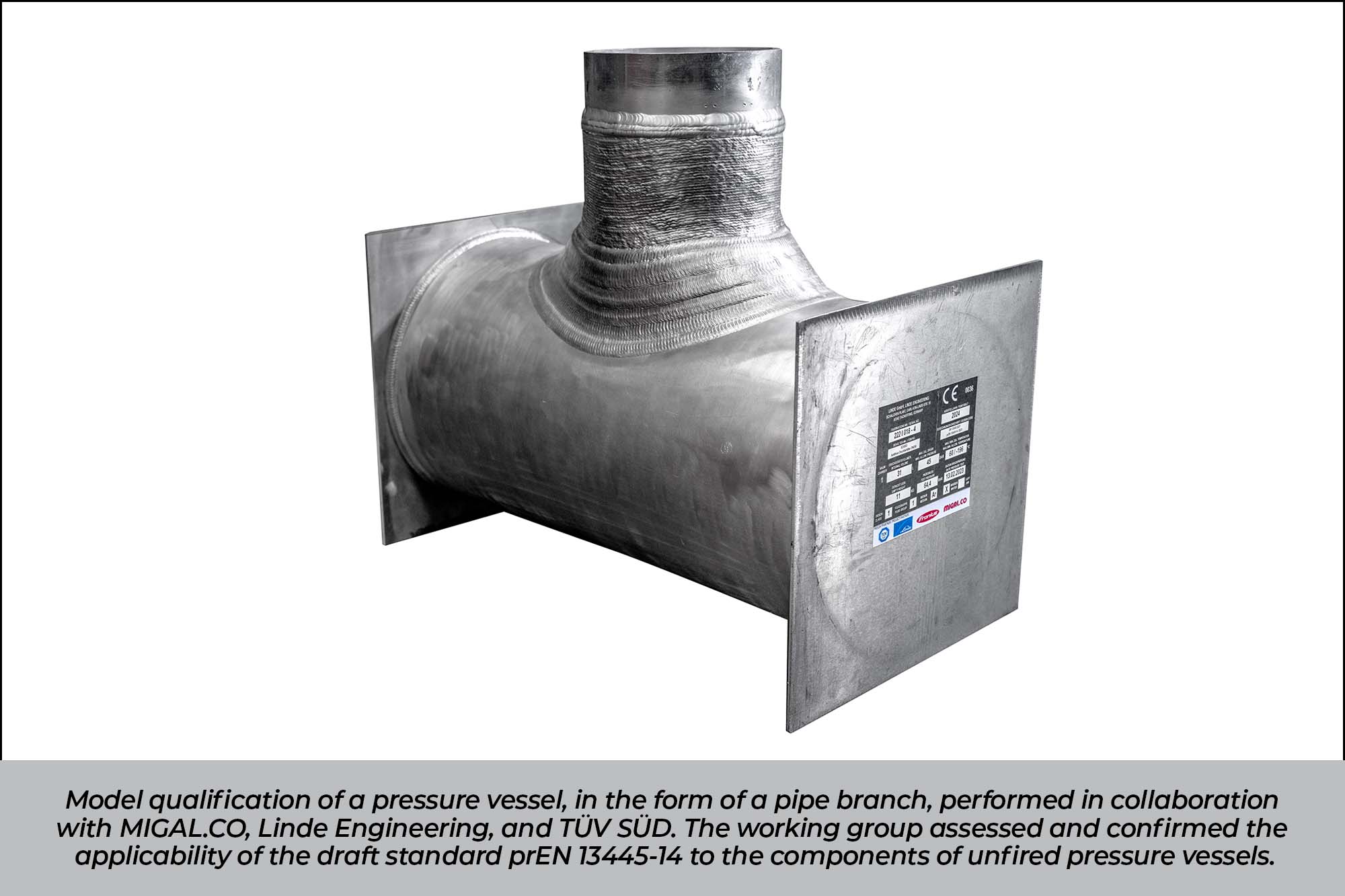
Additive manufacturing on the rise
Additive manufacturing is now placing varied demands on welding. This technology enables complex, custom-designed components to be produced with high precision and low material consumption. One example is pipeline construction, where new standards and requirements are currently under development. As a member of the “Joint Working Group for additively manufactured components under the Pressure Equipment Directive of the German Institute for Standardisation (DIN)”, Fronius is at the forefront of this work. Working in collaboration with MIGAL.CO, Linde Engineering, and TÜV SÜD, the Austrian welding experts, took part in the model qualification of an additively welded pipe branch as a pressure vessel. The working group assessed the applicability of the draft standard prEN 13445-14 to the components of unfired pressure vessels. This collaboration resulted in the Fronius Additive Pro characteristic for the Wire Arc Additive Manufacturing (WAAM) process, which enables fast, cost-efficient, and precise component production.
Working together towards a sustainable future
With comprehensive services and cutting-edge technology, Fronius ensures that companies are ideally equipped to master the challenges of technological transformation and shape a sustainable future. With Fronius at their side, companies can confidently look to an innovative and environmentally friendly future.
Cookie Consent
We use cookies to personalize your experience. By continuing to visit this website you agree to our Terms & Conditions, Privacy Policy and Cookie Policy.



